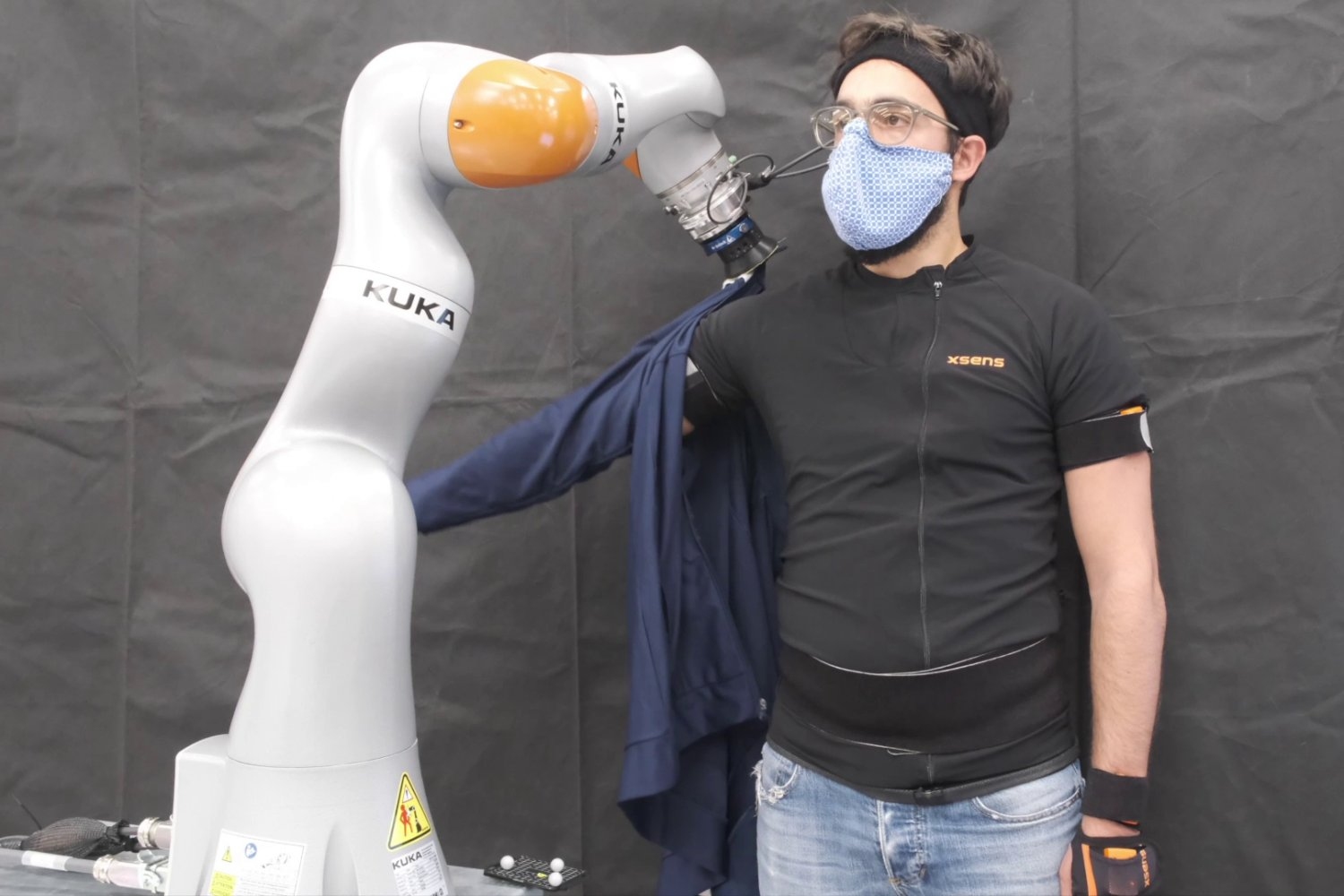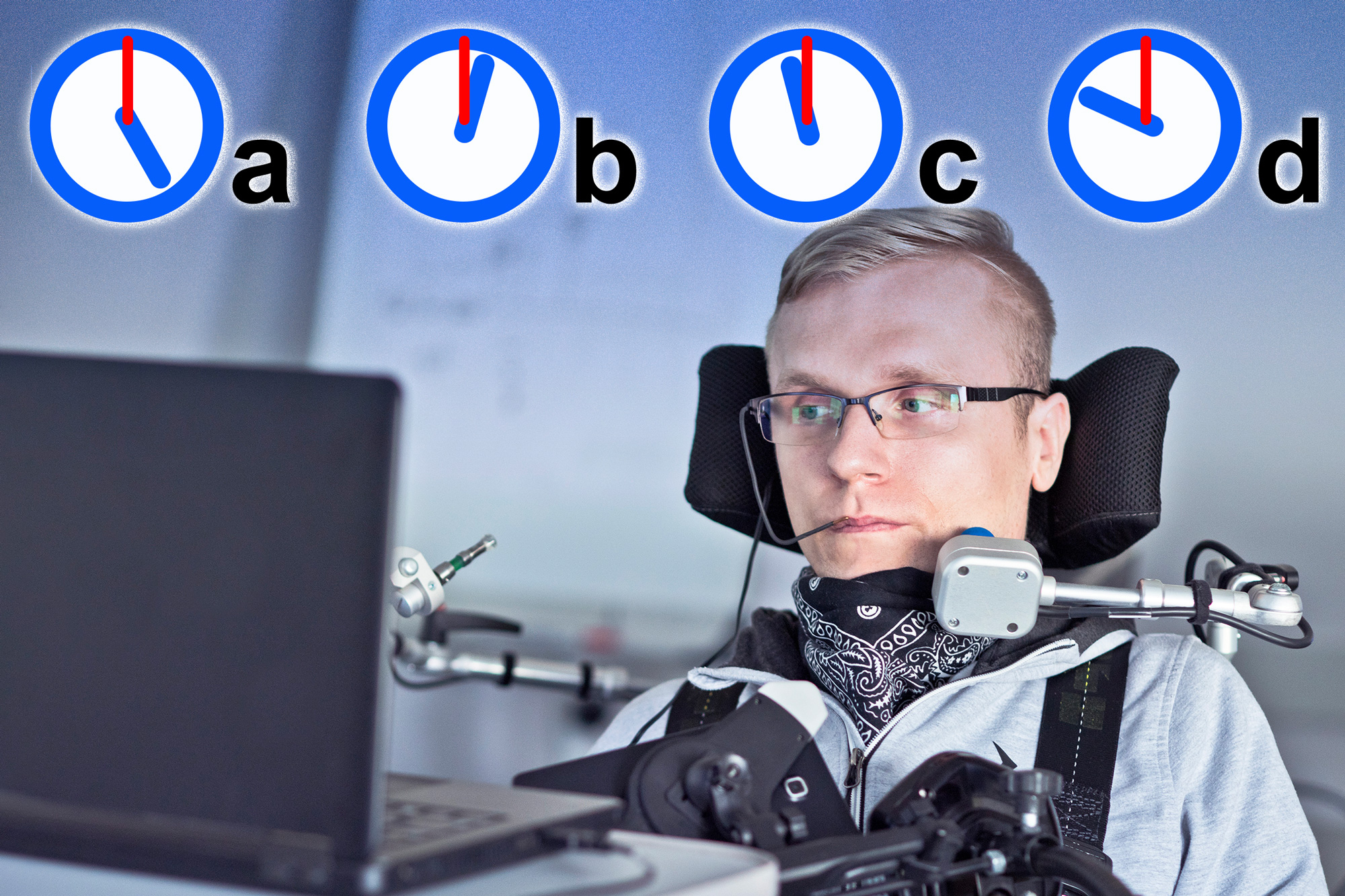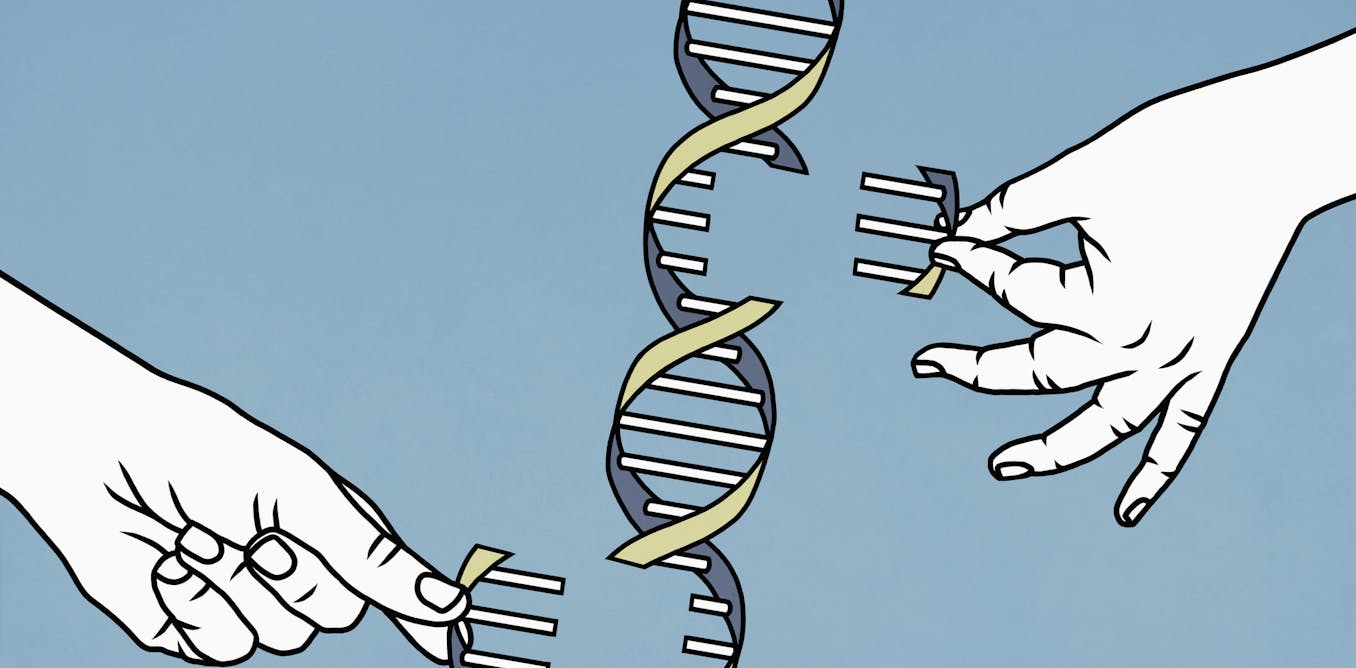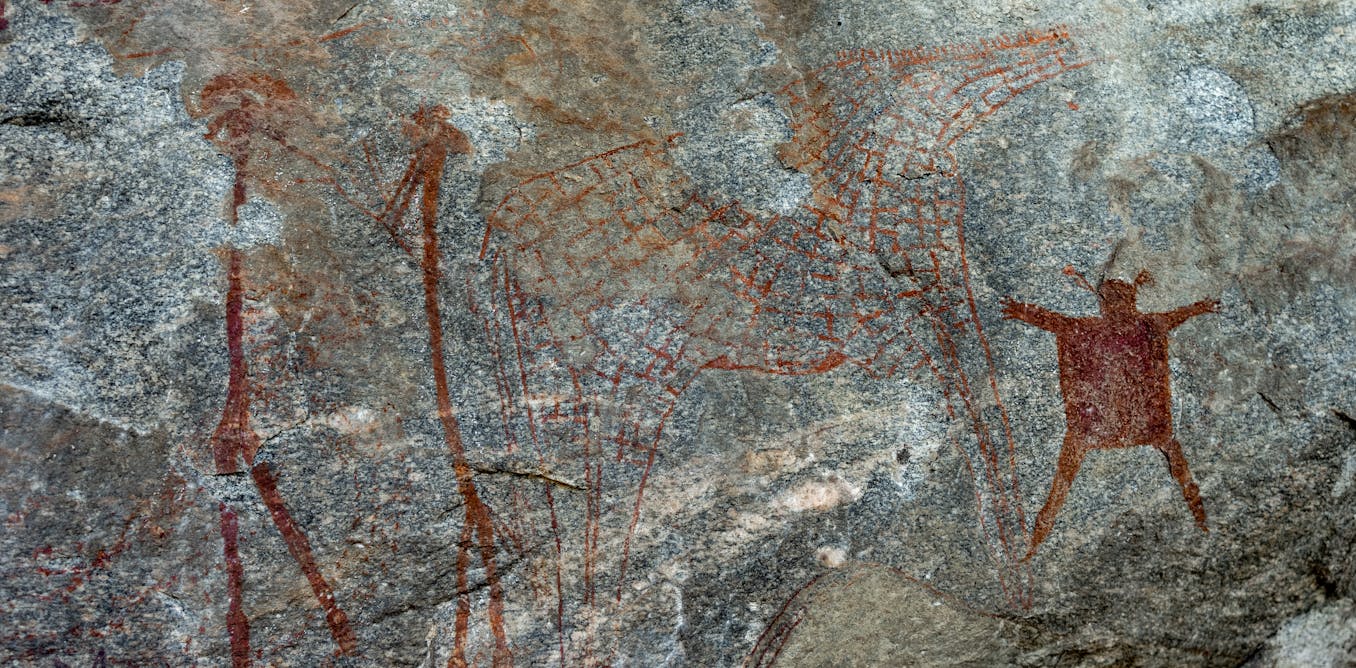The Human Genome Project pieced together only 92% of the DNA – now scientists have finally filled in the remaining 8%
Advances in technology have enabled researchers to sequence the large regions of repetitive DNA that eluded the Human Genome Project.
Gabrielle Hartley, PhD Candidate in Molecular and Cell Biology, University of Connecticut •
conversation
March 31, 2022 • ~10 min
March 31, 2022 • ~10 min
Animals have evolved to avoid overexploiting their resources – can humans do the same?
New research sheds light on why predators don’t evolve to become so aggressive that they eat all their prey – and then go extinct themselves.
Axel G. Rossberg, Reader in Theoretical Ecology, Queen Mary University of London •
conversation
March 3, 2022 • ~7 min
March 3, 2022 • ~7 min
Ancient DNA helps reveal social changes in Africa 50,000 years ago that shaped the human story
A new study doubles the age of ancient DNA in sub-Saharan Africa, revealing how people moved, mingled and had children together over the last 50,000 years.
Mary Prendergast, Associate Professor of Anthropology, Rice University •
conversation
Feb. 23, 2022 • ~13 min
Feb. 23, 2022 • ~13 min
/
92










